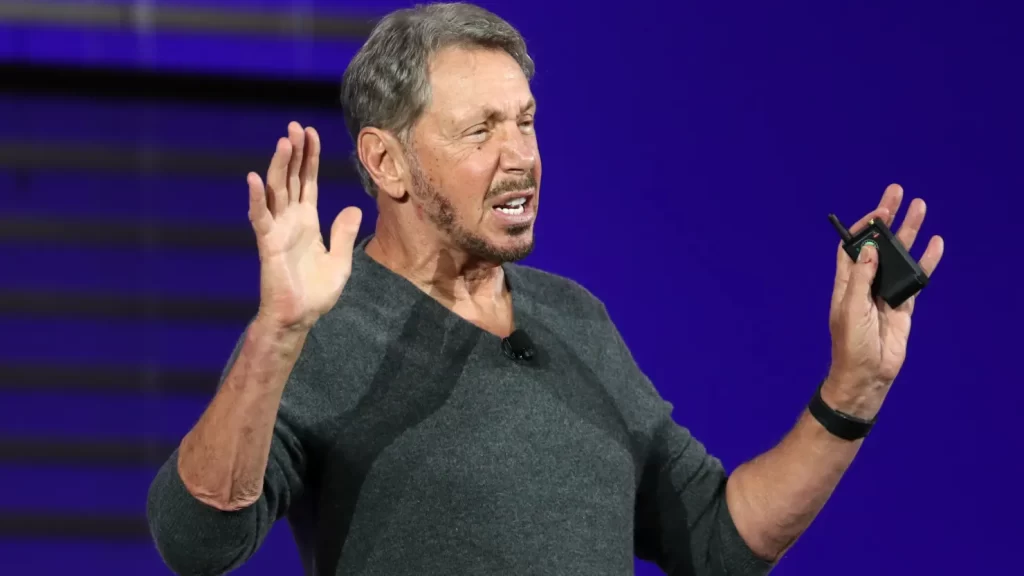
Oracle shares slid 7% in extended trading on Monday after the database software company reported fiscal second-quarter results that fell short of analysts’ estimates and issued a weaker-than-expected forecast.
Here is how Oracle did compared to LSEG consensus:
- Earnings per share: $1.47 adjusted vs. $1.48 expected
- Revenue: $14.06 billion vs. $14.1 billion expected
Oracle’s second-quarter sales grew 9% year over year.
Net income increased 26% to $3.15 billion, or $1.10 a share, from $2.5 billion, or 89 cents a share, a year earlier. Revenue in Oracle’s cloud services business jumped 12% from a year earlier to $10.81 billion, accounting for 77% of total revenue.
Oracle’s biggest growth engine has been cloud infrastructure, where it is competing with Amazon, Microsoft and Google as businesses move workloads out of their own data centers.
The business is booming due to soaring demand for computing power that can handle artificial intelligence projects. Oracle said revenue in its cloud infrastructure unit soared 52% from a year earlier to $2.4 billion.
Oracle said it just signed an agreement with Meta, allowing the social media company to use its infrastructure to help with various projects related to the Llama family of large language models.
“Oracle Cloud Infrastructure trains several of the world’s most important generative AI models because we are faster and less expensive than other clouds,” Oracle founder Larry Ellison said in a statement.
For the current quarter, Oracle expects revenue growth of 7% to 9%. At the midpoint of that range, revenue would be about $14.3 billion. Analysts were expecting sales of $14.65 billion, according to LSEG. The company said it expects adjusted earnings of $1.50 to $1.54 per share. Analysts were calling for earnings per share of $1.57.
In September, Oracle raised its fiscal 2026 revenue guidance to $66 billion, which was about $1.5 billion more than what analysts projected. During that month, Oracle also announced that its cloud unit would start taking customer orders for so-called computing clusters derived from more than 131,000 Nvidia “Blackwell” graphics processing units, used for AI model training and related tasks.
As of Monday’s close, the stock is up more than 80% this year, headed for its best annual performance since 1999.





























